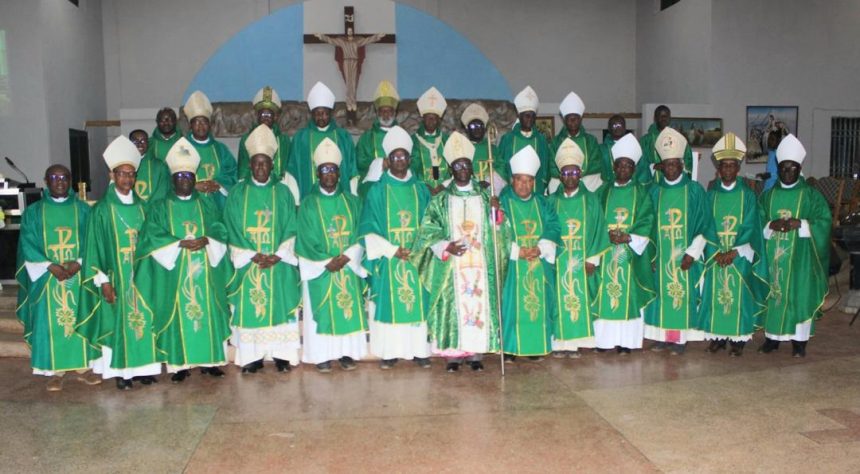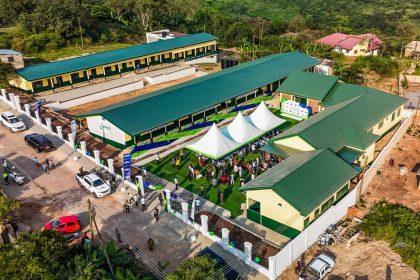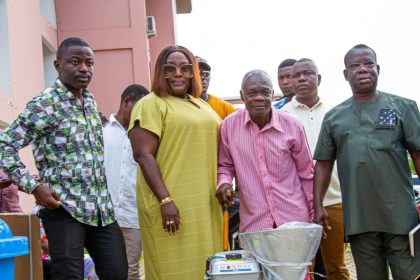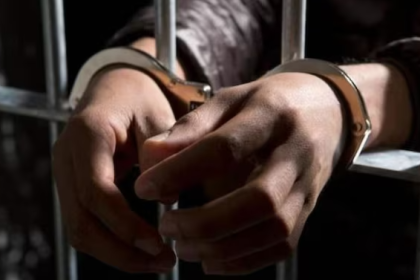The Ghana Catholic Bishops’ Conference (GCBC) has called for a national renewal anchored on justice, peace, transparency, and environmental protection unity and stability.
The Conference also urged government, traditional authorities, political actors, and citizens to recommit to the values that would have a long sustained unity for the country.
This was contained in a communiqué issued and signed by Most Reverend Matthew Kwasi Gyamfi, Bishop of Sunyani Diocese and President of the GCBC at the end of the GCBC’s Annual Plenary Assembly, held from November 07 to November 14, 2025 at the Unity Centre at Damongo, and copied to the Ghana News Agency in Tamale.
Held on the theme: “A Synodal Church at the Service of Justice and Peace in Ghana,” the week-long Assembly brought together all Catholic Bishops in Ghana and was graced by the Apostolic Nuncio to Ghana, Most Reverend Julien Kaboré.
It was also attended by senior government officials including Mr Isifu Salisu Be-Awuribe, Savannah Regional Minister, and Mr Yakubu Yussif Castro, West Gonja Municipal Chief Executive.
Emphasising that justice and peace were inseparable foundations of a harmonious society, the bishops warned that inequality, corruption, political polarization, and social exclusion threatened Ghana’s cohesion.
They urged the Church to lead by example through transparency, accountability, and prioritising the needs of the poor.
The communiqué expressed worry over the inflammatory political rhetoric witnessed during the last election period and condemned rising ethnocentrism.
It called for a national dialogue aimed at strengthening Ghana’s shared identity.
Highlighting unresolved conflicts in Bawku, Gbinyiri, Kalba, Bole and Nkwanta South, the Bishops emphasised that peace could not be taken for granted and so must be intentionally pursued.
They cited recent casualties including the loss of more than 300 lives in Bawku and the displacement of over 48,000 people in Gbinyiri.
They called for sustained reconciliation efforts involving traditional leaders, government agencies, civil society, and faith-based organisations, and urged political leaders, the media and community influencers to show restraint and dignity in public discourse.
GNA






